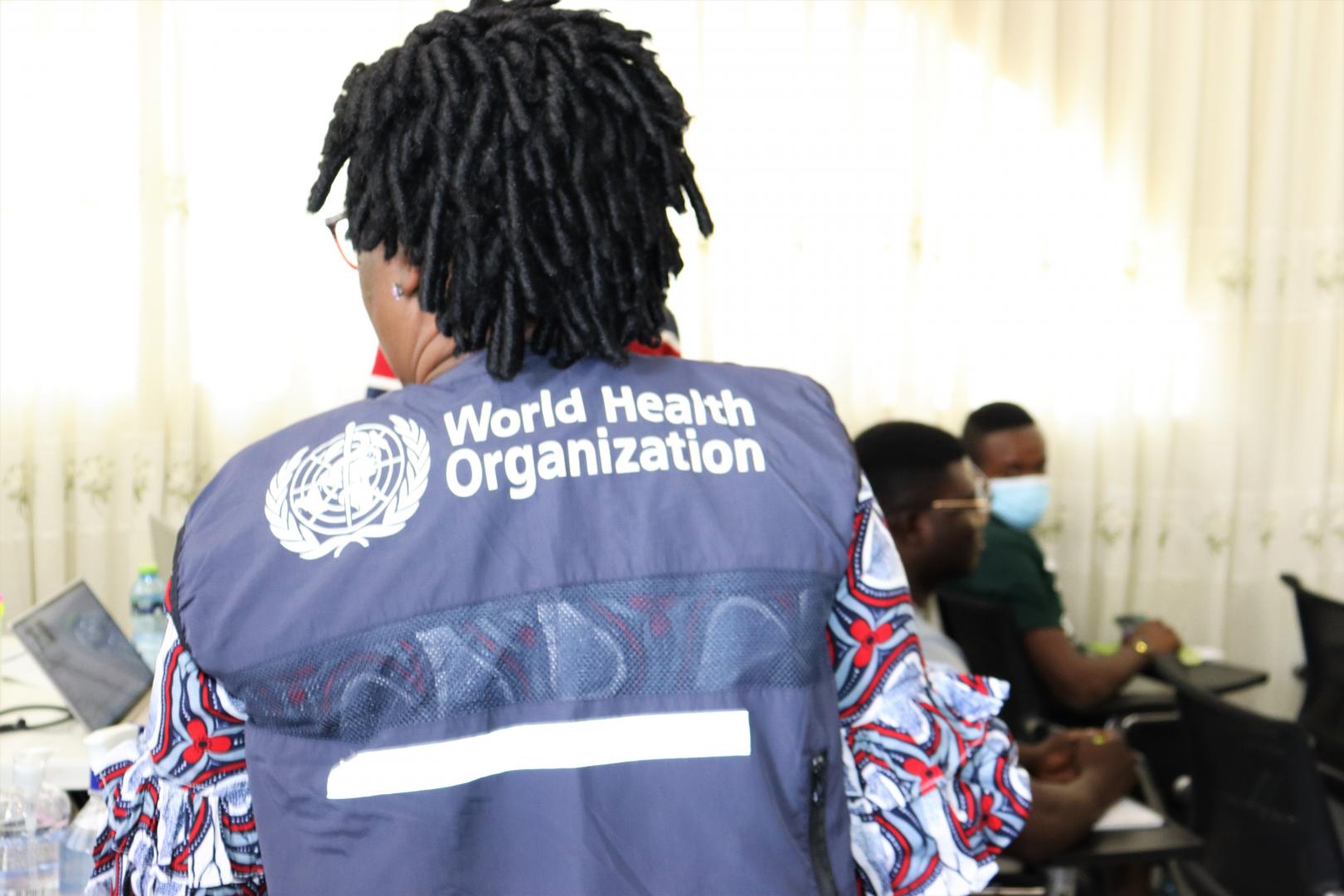Mental, neurological and substance use disorders account for more than 10% of the global disease burden. The lost productivity resulting from depression and anxiety, two of the most common mental disorders, cost the global economy US$ 1 trillion each year. In low- and middle-income countries, more than 75% of people with mental disorders receive no treatment at all for their disorder.
In Ghana, there have been efforts by the government to improve mental healthcare services at all levels. However, significant gaps remained, with only about 2% of Ghana’s 2.3 million people living with mental health conditions receiving psychiatric treatment and support from health facilities according to WHO.
To help countries like Ghana address the gaps in mental health, the World Health Organization (WHO) established the Director General’s Special Initiative for Mental Health (DG-SIMH) with the vision to ensure that all people in the target population in the selected countries achieve the highest standard of mental health and well-being.
The five-year initiative supported by the Government of Norway seeks to get 100 million more people to access quality and affordable mental health in 12 countries around the world.
Ahead of the implementation in Ghana, WHO has helped Ghana to develop a national implementation plan and is currently assisting the country’s six new regions in the development of their regional plans towards effective implementation.
We need to create an environment that is conducive enough for people with mental disorders to come out and seek help at any level of the health system
“We recognize the important role of stakeholders in the implementation of this initiative”, said the WHO Noncommunicable Diseases & Risk Factors Officer in Ghana, Dr. Joana Ansong at the inception meeting for the initiative in the Western North Region of Ghana. “That is why we want the regions to map out their implementation strategies so they can own the process and strengthen partnerships to achieve universal health coverage for mental health”.
Ghana launched the initiative in July 2022 and is expected to start implementation in the third quarter of 2022 and will span five years, with the aim to improve access to integrated quality person-centred mental health care for an additional 5.2 million Ghanaians.
The WHO Special Initiative for Mental Health will advance mental health policies, advocacy and human rights, and scale up quality interventions and services for individuals with mental health conditions, including substance use and neurological disorders.
For health authorities in Ghana, this initiative is a great opportunity to strengthen the mental health system whilst mobilizing communities to create an environment devoid of stigma and abuse against persons with mental health conditions.
“We need to create an environment that is conducive enough for people with mental disorders to come out and seek help at any level of the health system”, said the Western North Regional Director of Health, Dr. Marion Okoh-Owusu “This special initiative is an opportunity for us to redefine mental healthcare in Ghana”.
Indeed, whilst expressing profound gratitude for the WHO Special Initiative on Mental Health, Kyidomhene of Sefwi Wiawso Traditional Area, Nana Elluo panyin III underscored the critical role traditional leaders can play to help improve mental health service delivery in Ghana.
“We need to deepen collaboration between health authorities and traditional leaders to strengthen mechanisms towards the protection of people with mental health conditions”, added Nana Elluo panyin III.
The WHO Special Initiative on Mental Health will build on the successes of other mental health interventions such as the QualityRights Initiative, which is helping to improve the quality of care and promote the human rights of people living with mental health conditions.







OTHER ARTICLES
Editorial — Prevent, inform, and act for women’s health in Africa
Kenya : Government Prioritises Maternal Health and Strengthens Support for Community Health Promoters
Strengthening pandemic prevention, preparedness, and response capacities in Senegal using the “One Health” approach